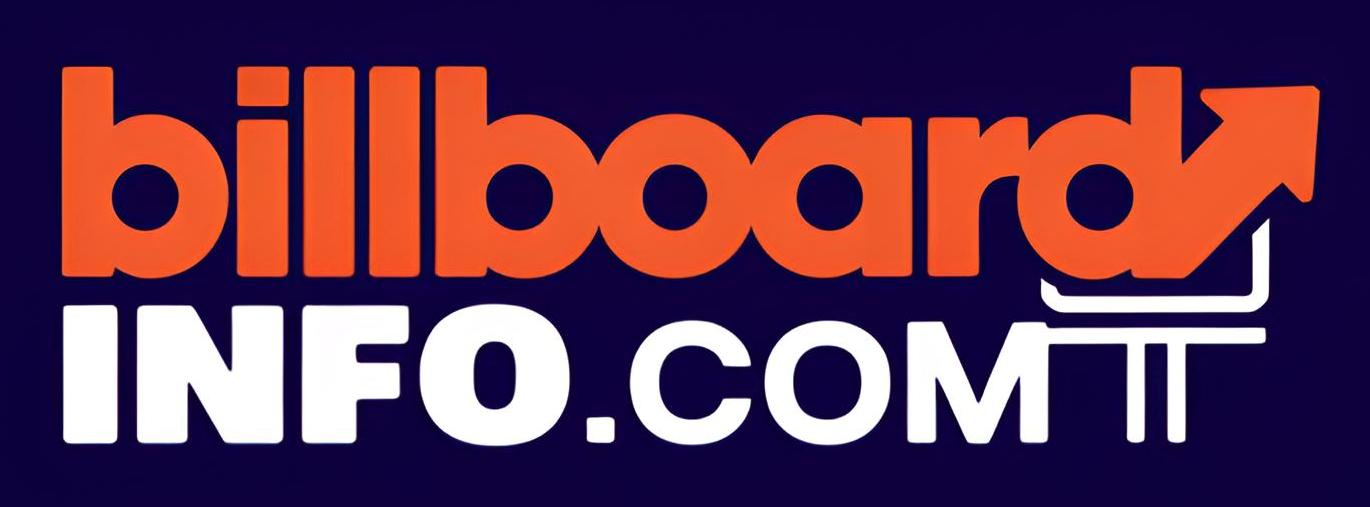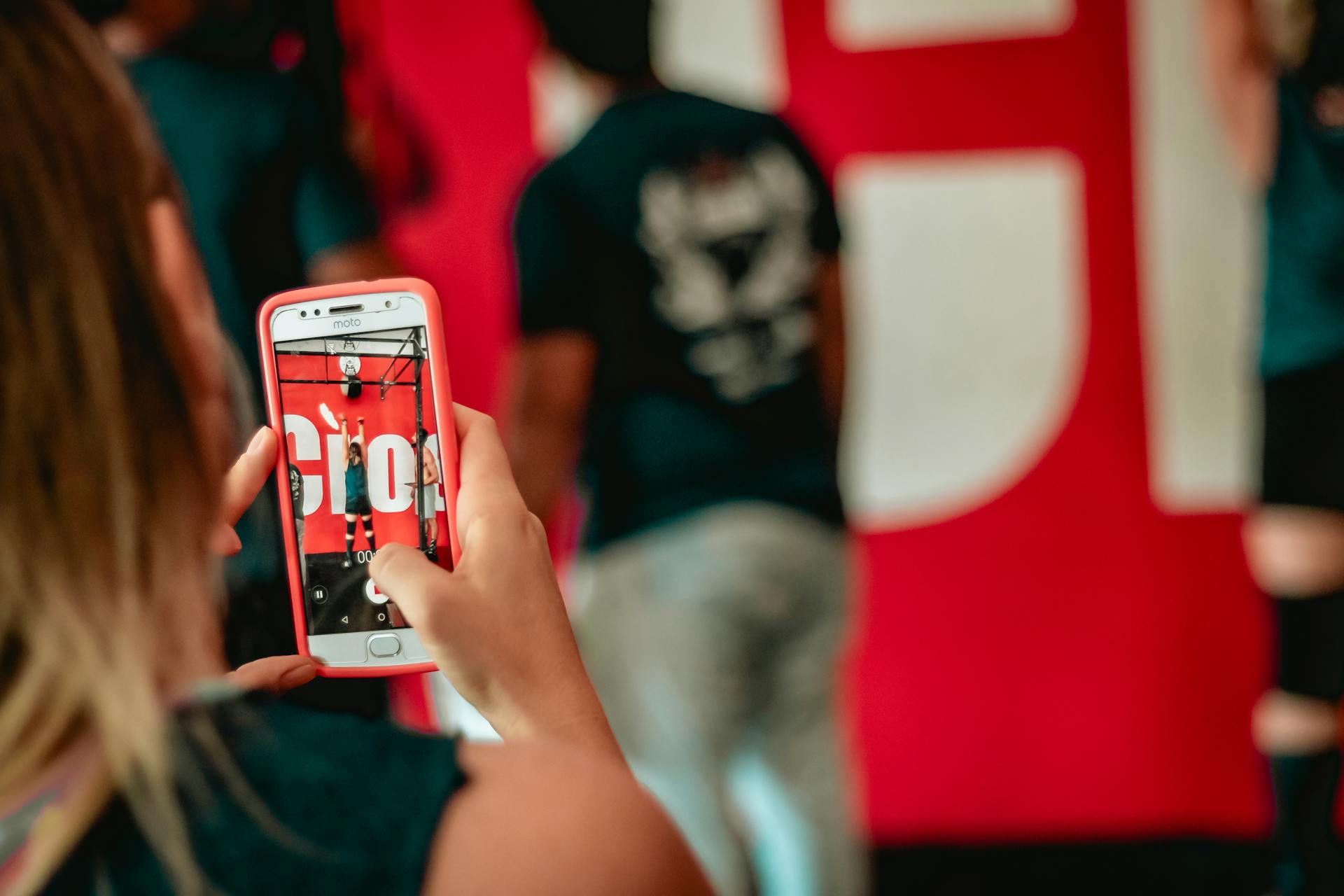Marketing is constantly evolving, and businesses today have more options than ever to reach their target audience. Two of the most commonly debated methods are billboard advertising vs social media marketing. While social media is often praised for its precise targeting and immediate metrics, billboard advertising still holds a strong position as a high-impact, brand-building tool.
But when it comes to return on investment (ROI), which one truly delivers better results? Understanding the effectiveness of both billboard advertising and social media marketing is essential for making the right decision for your business. While each has its advantages, the choice depends on factors such as your industry, budget, and target audience.
The Power of Billboard Advertising
Billboards have long been a staple of traditional advertising, and for good reason. They offer unparalleled visibility, especially in high-traffic areas, making them an effective way to increase brand awareness. Unlike social media ads, which can be scrolled past or skipped, a strategically placed billboard is unavoidable. It provides continuous exposure, ensuring that your message reaches thousands—if not millions—of potential customers daily.
One of the biggest strengths of billboard advertising is its credibility. Unlike online ads, which can sometimes feel intrusive or untrustworthy, billboards are seen as a legitimate investment. People associate them with established brands and successful businesses. There’s also no competition for attention—unlike the crowded digital space, a well-placed billboard commands full focus.
However, measuring the effectiveness of a billboard campaign can be challenging. While social media provides instant analytics on clicks and engagement, billboard success is often gauged through indirect methods like increased foot traffic, brand recognition, and sales data. But when done correctly, the impact of billboard advertising is undeniable.
The Appeal of Social Media Marketing
Social media marketing, on the other hand, offers something that billboards cannot—precision targeting. Platforms like Facebook, Instagram, and Twitter allow businesses to reach specific demographics, filter audiences by interests, and track real-time engagement. This makes social media a great tool for businesses looking for immediate feedback and detailed performance metrics.
Additionally, social media marketing is highly interactive. Customers can comment, share, and engage with content, creating a two-way communication channel that builds relationships with brands. With the right strategy, businesses can leverage social media to create viral campaigns, generate leads, and drive website traffic almost instantly.
However, social media advertising has its downsides. Competition is fierce, and standing out in a crowded feed is difficult. Users are bombarded with ads, and many have developed ‘ad fatigue,’ leading to lower engagement rates. Algorithms also play a huge role, meaning businesses have to constantly tweak their strategies to stay visible. And unlike billboards, which provide continuous exposure, social media ads only last as long as the campaign budget allows.
Comparing ROI: Billboard Advertising vs Social Media Marketing
The ROI of billboard advertising vs social media effectiveness is often debated, but it ultimately depends on the campaign’s goals. If you’re looking for long-term brand awareness, billboards offer a lasting impression. A well-placed billboard can reinforce brand recognition for weeks or months, even if the cost per impression is higher compared to digital ads. On the other hand, if the goal is immediate conversions and measurable engagement, social media advertising provides a faster return with clear metrics.
Long-Term vs. Short-Term Gains Billboards work best for businesses that benefit from consistent exposure—think real estate, local businesses, and large corporations. The audience may not take action immediately, but the brand presence builds over time. Social media marketing, however, is ideal for time-sensitive campaigns, promotions, and businesses that rely on direct consumer interaction.
Cost Efficiency While social media ads allow businesses to set flexible budgets, they require ongoing spending. Once an ad campaign ends, the visibility disappears. Billboards, despite their higher upfront costs, provide continuous exposure without additional effort. The cost per thousand impressions (CPM) for billboards can sometimes be lower than social media, especially in high-traffic areas.
Audience Trust and Engagement Consumers tend to trust physical advertisements more than digital ones. The prevalence of scams, clickbait, and intrusive ads has made many users wary of engaging with social media ads. Billboards, however, establish credibility and legitimacy. They signal that a brand is established and successful enough to invest in real-world advertising.
The Best Strategy? A Hybrid Approach
Rather than choosing one over the other, businesses can benefit from combining billboard advertising and social media marketing. Billboards create initial brand awareness, while social media reinforces the message and drives direct engagement. A billboard with a QR code or social media handle, for example, can bridge the gap between offline and online marketing, allowing potential customers to engage further after seeing the ad.
Companies that integrate both strategies often see stronger results. Billboards generate broad awareness, while social media provides detailed tracking and interaction. A consumer may notice a billboard multiple times before deciding to look up the brand online. When they do, a strong social media presence ensures the brand remains top of mind.
Conclusion
Both billboard advertising and social media marketing have their strengths and weaknesses, but the best option depends on a business’s specific goals. If you want high-impact brand visibility and long-term presence, billboards are a great investment. If you need immediate engagement and detailed performance tracking, social media marketing is the way to go.
However, the most effective marketing campaigns often combine both approaches. By using billboards to create broad awareness and social media to engage and convert, businesses can maximize their advertising ROI and create a well-rounded strategy that delivers results.


